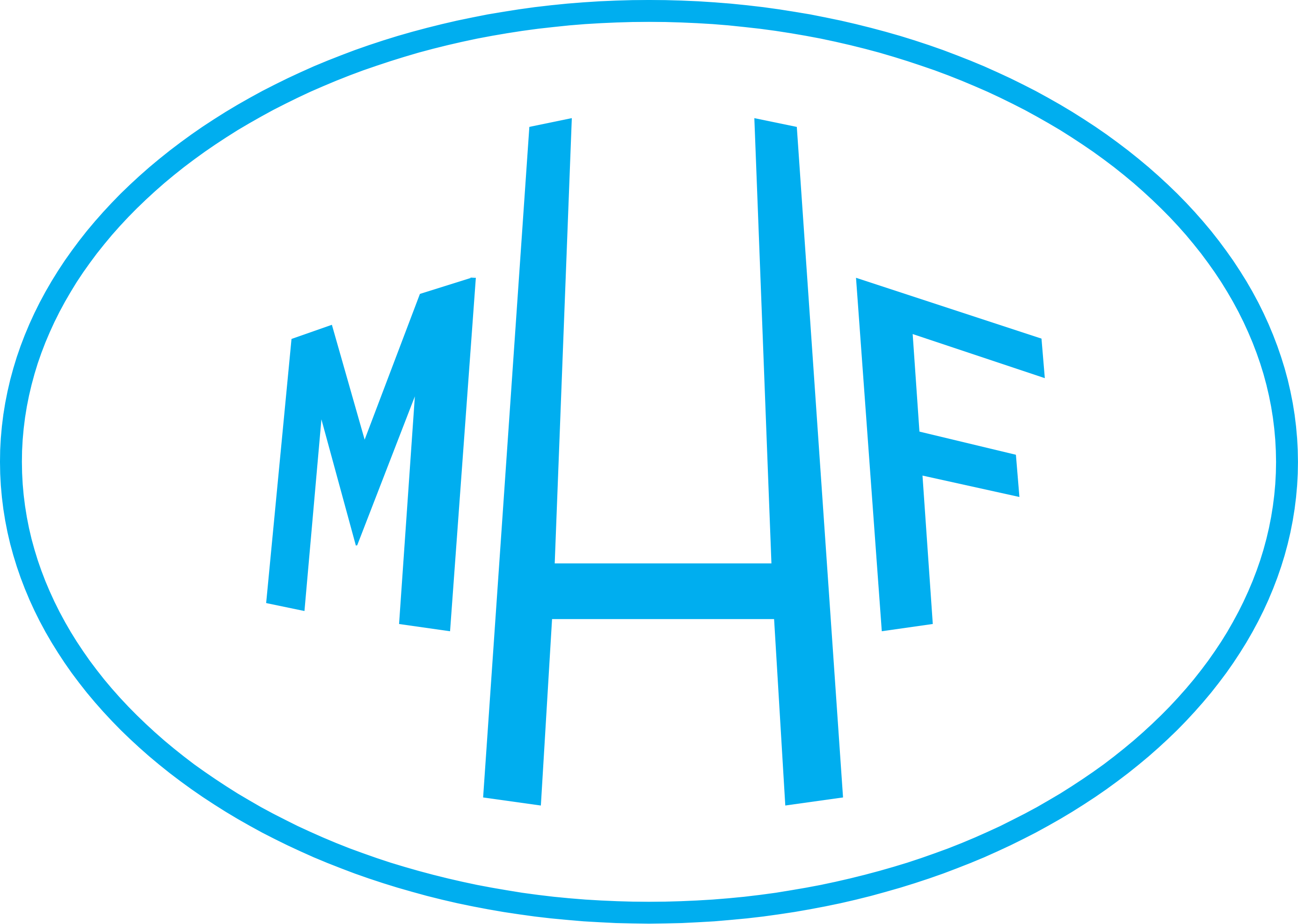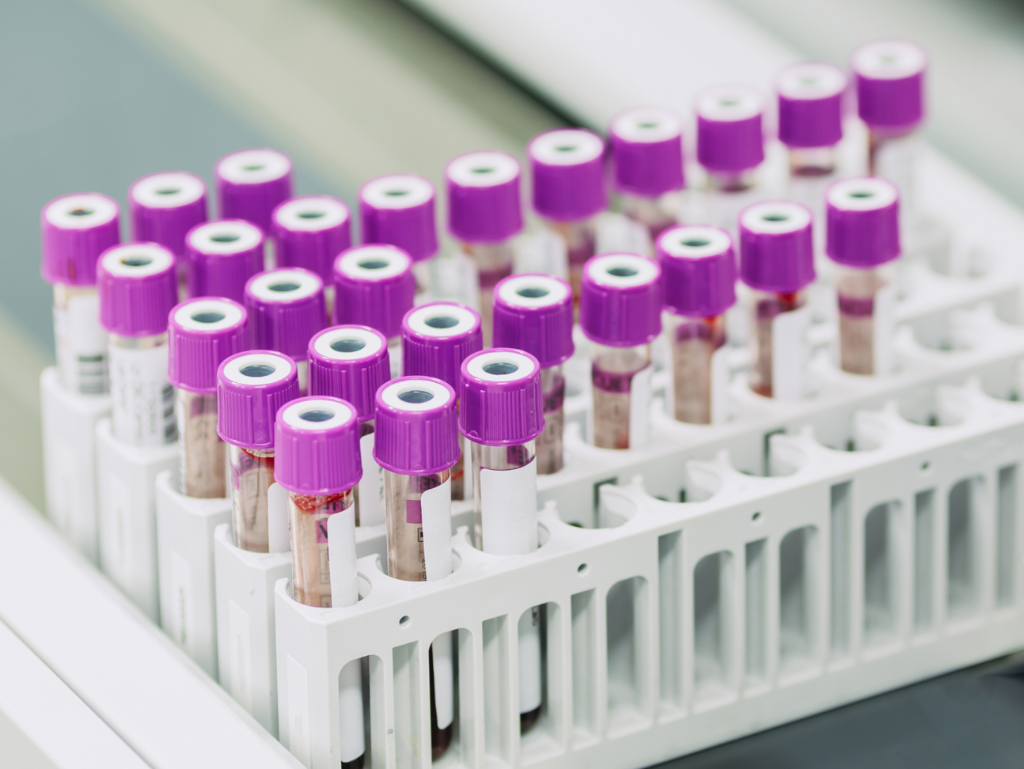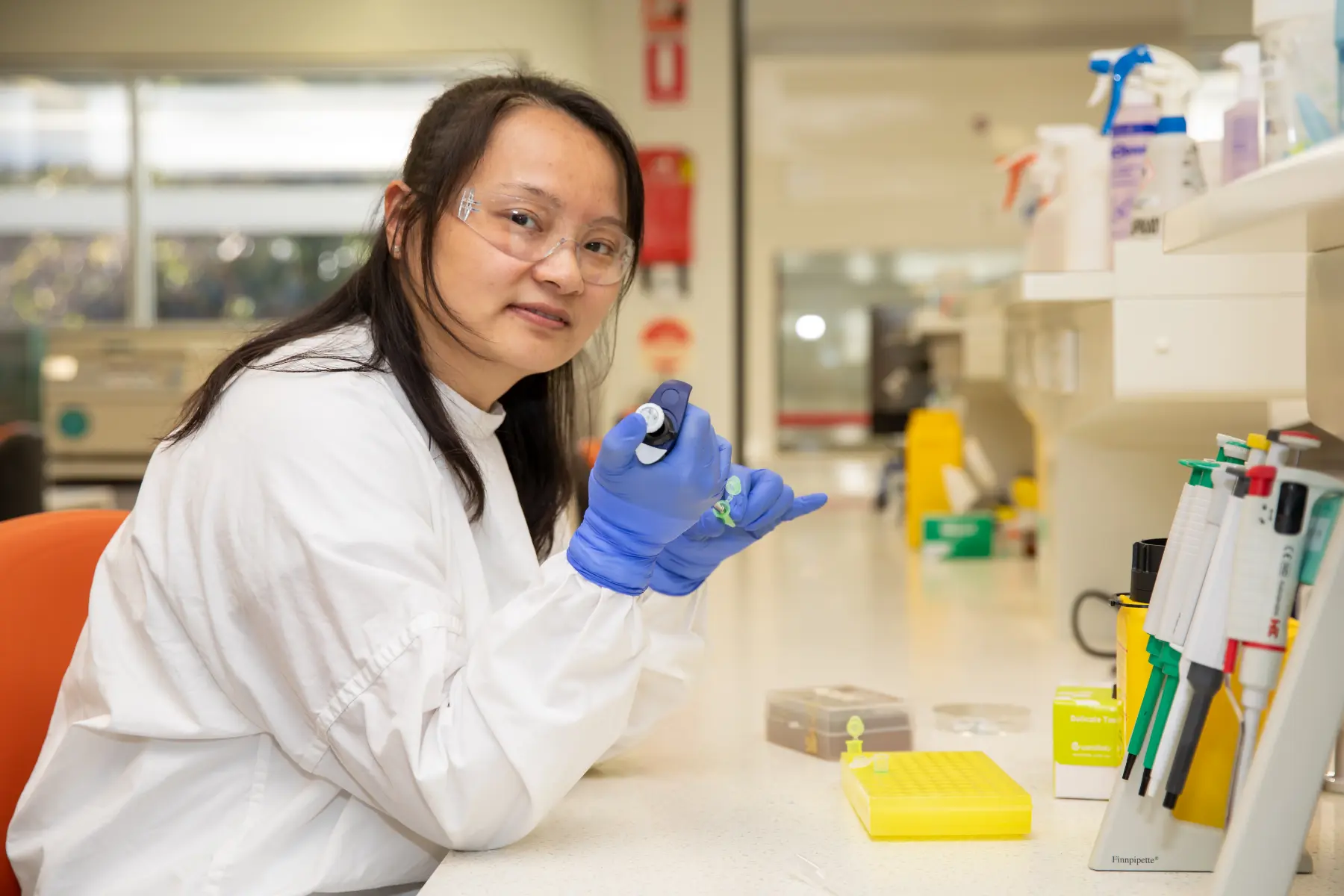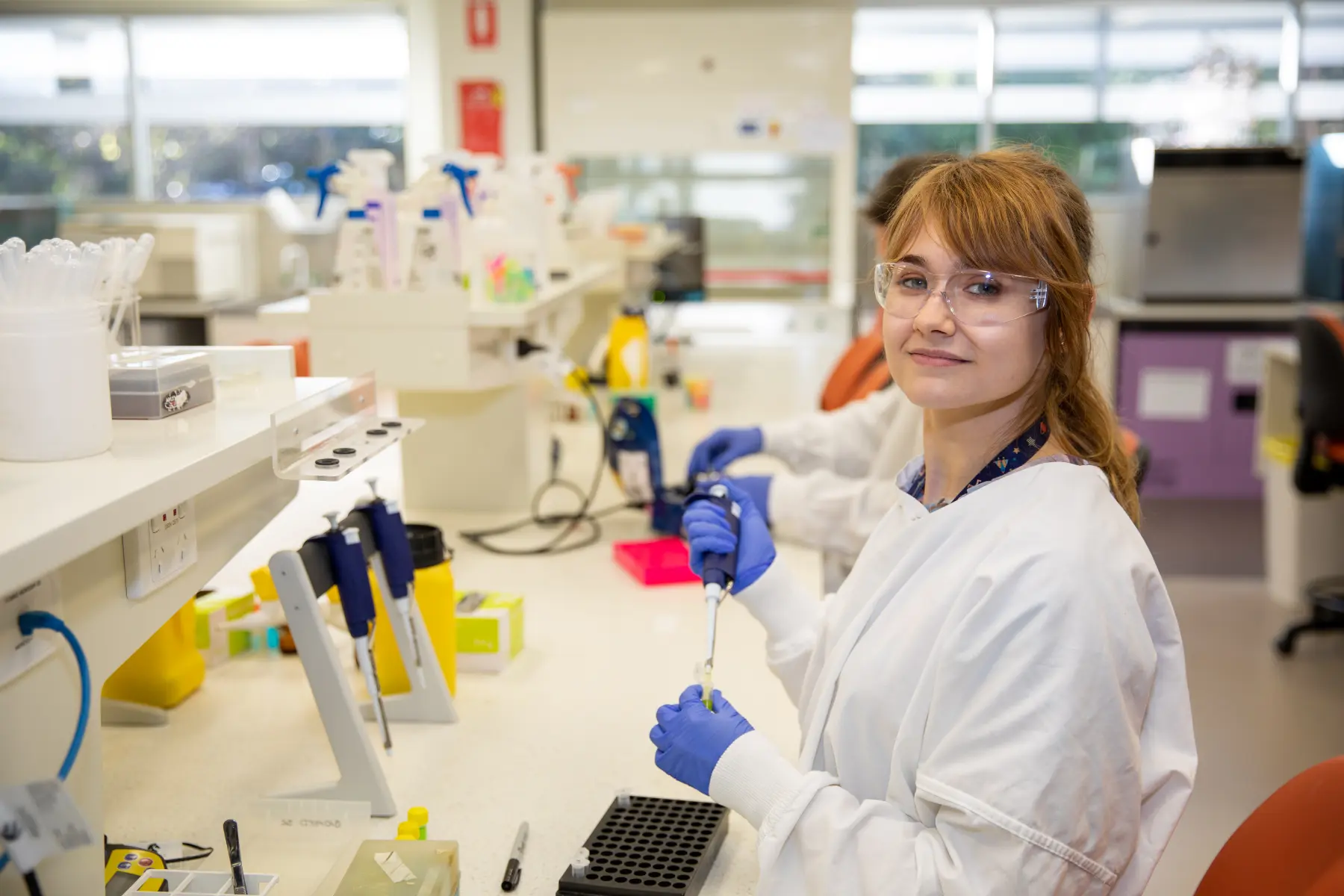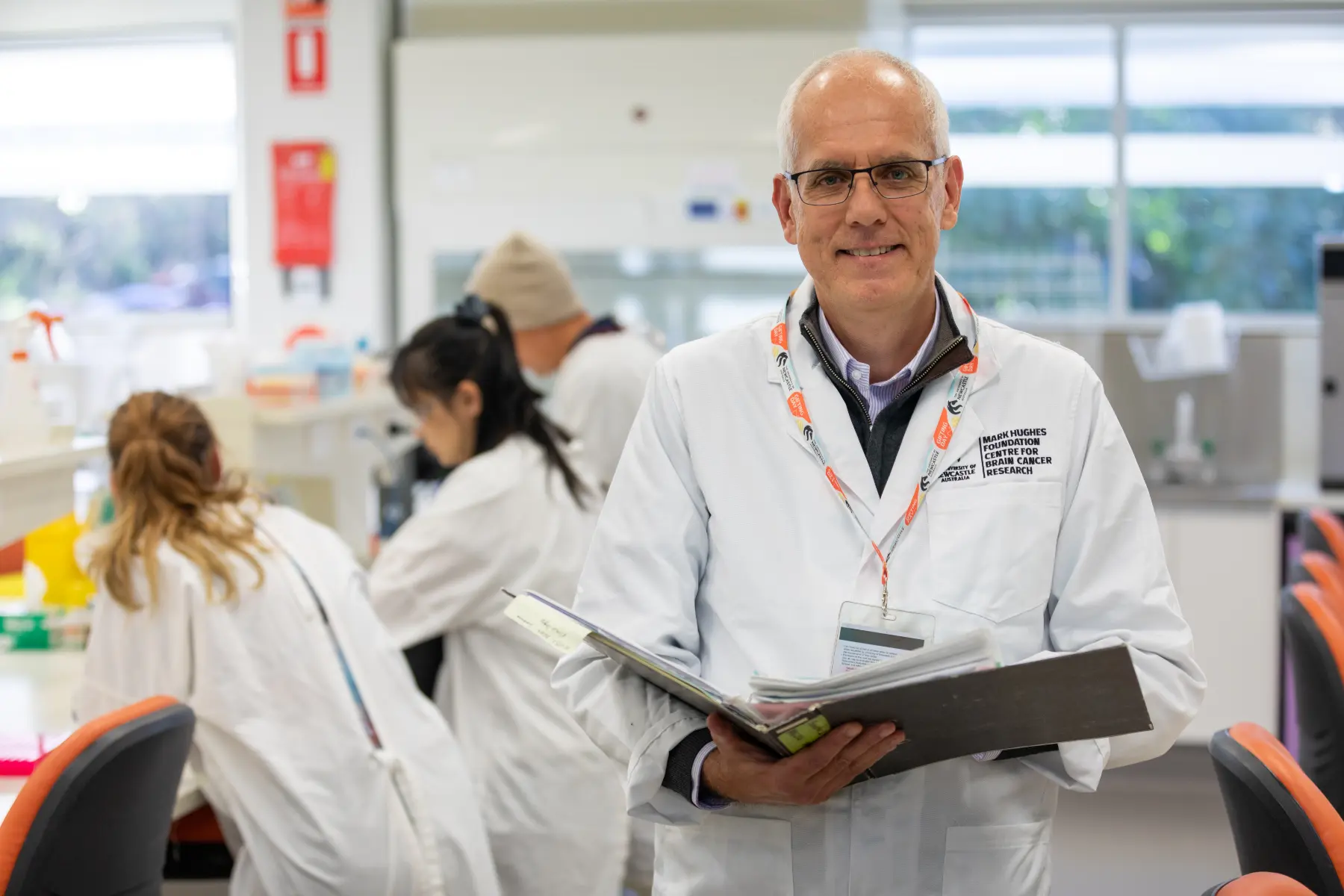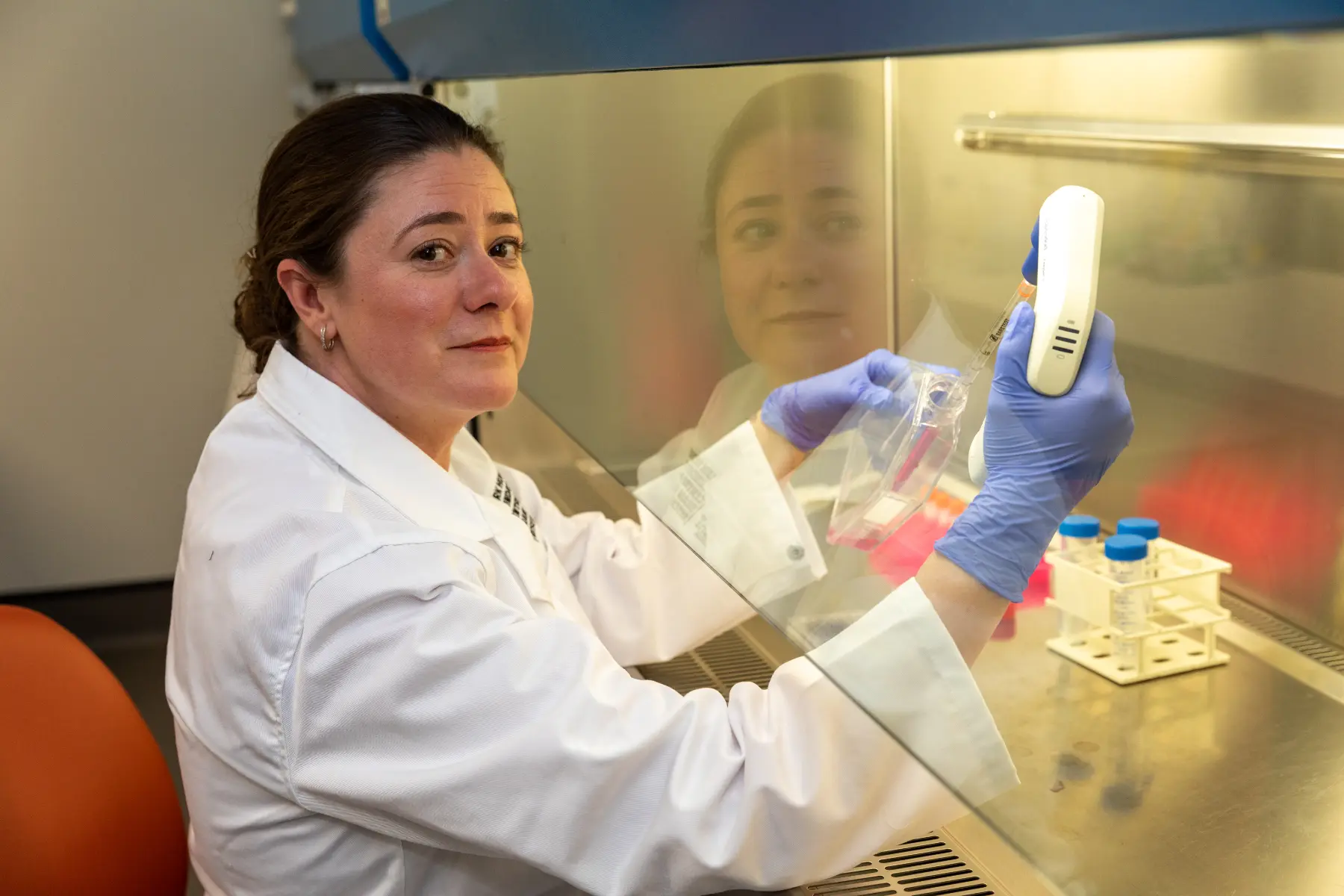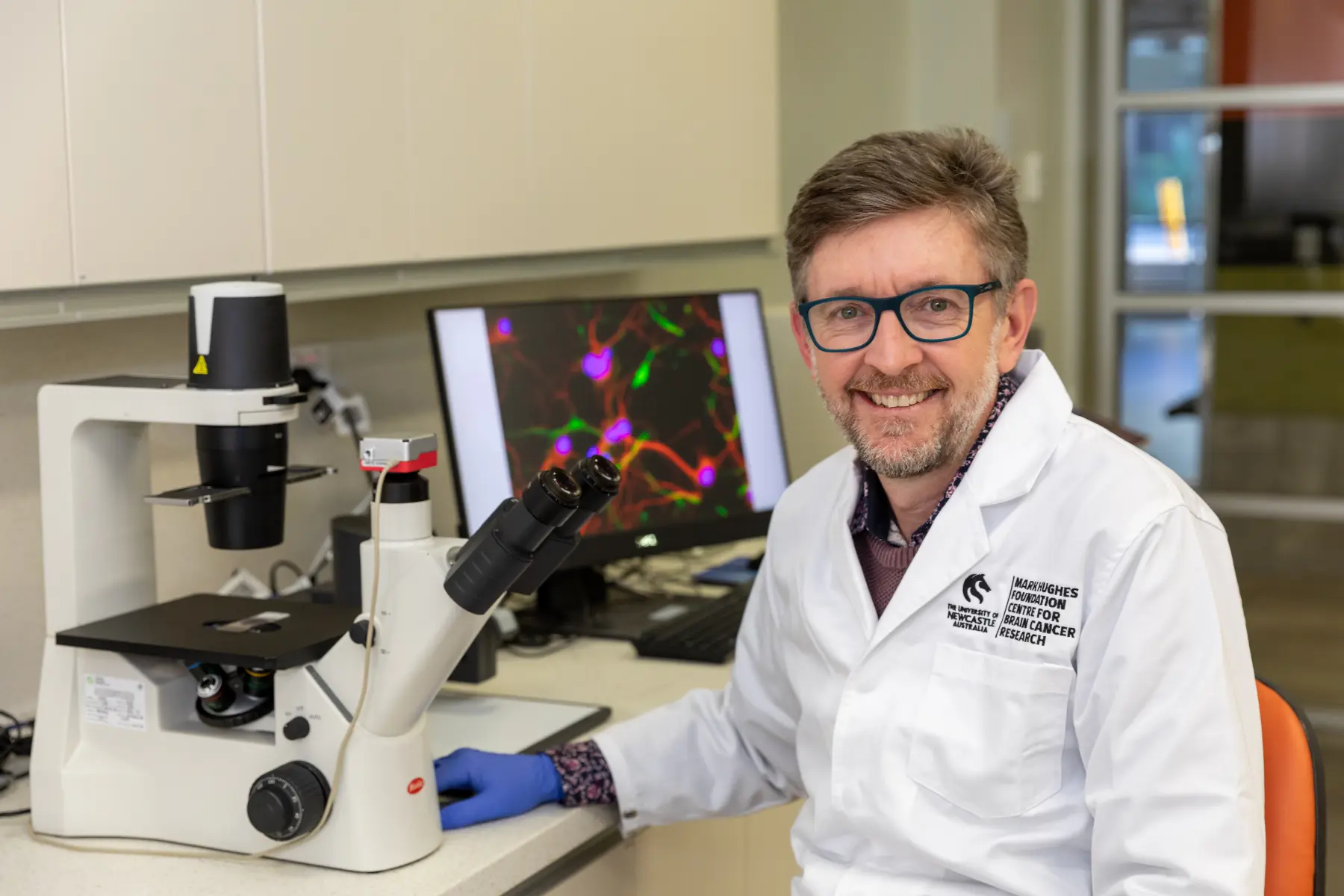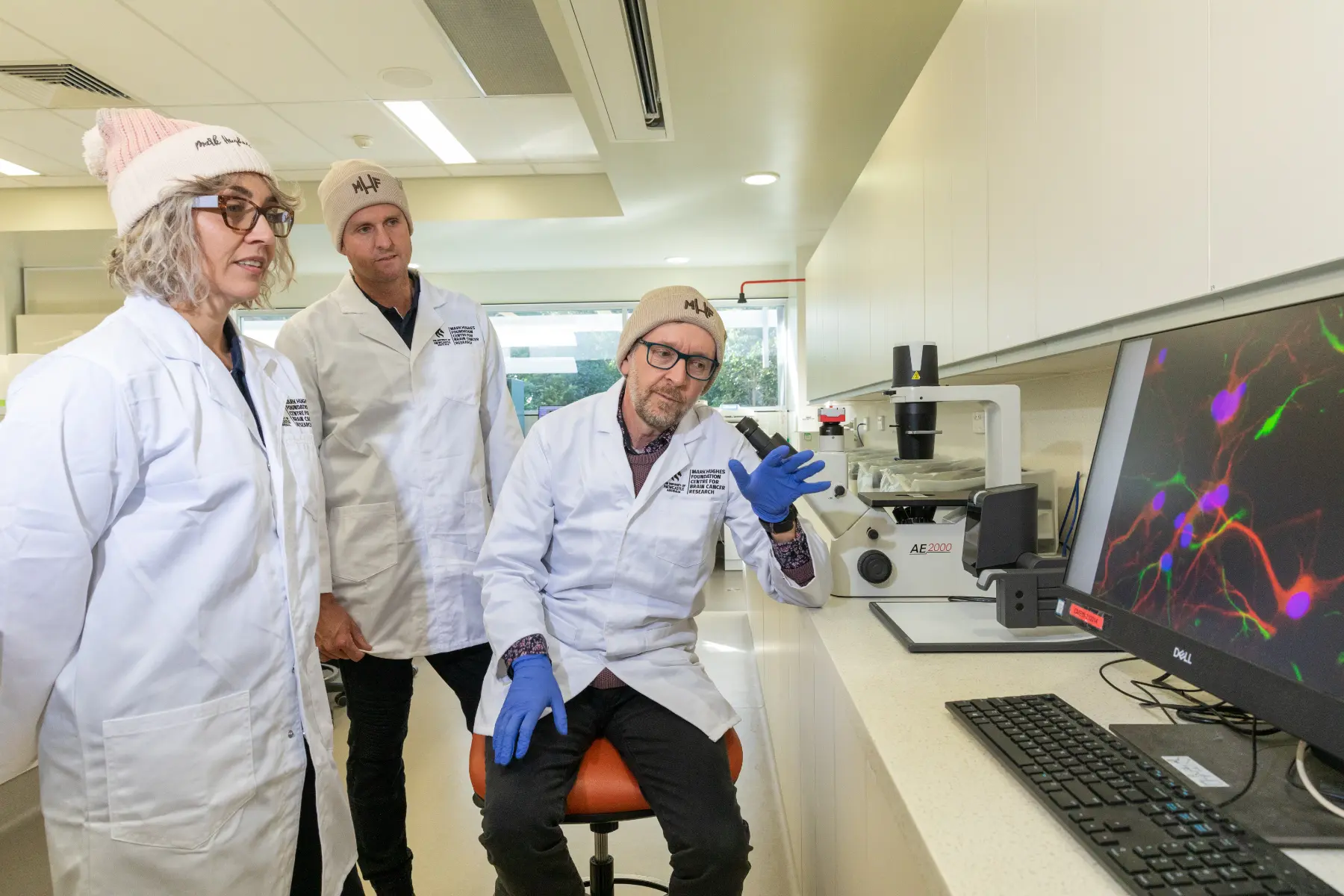Mark Hughes will lead a group of 25, that has fundraised individually for MHF, including ambassadors Danny Buderus and Bill Peden for an epic 192km journey across the treacherous Kokoda Track – not once, but twice in just 12 days.
The trek will see the group push through intense humidity, steep mountain ranges, and dense jungle conditions – retracing the steps of our Aussie WWII diggers while honouring their courage and sacrifice. For the team, it’s also about going above and beyond in the fight against brain cancer.
One Australian is diagnosed with brain cancer every five hours, and it remains the leading cause of cancer-related deaths in children under 10 and adults under 40. It is relentless. The Kokoda Back to Back challenge is a way of raising vital funds to support patients, their families, and critical research to change these devastating statistics.
MHF Founder Mark Hughes, said: “Kokoda represents mateship, resilience and courage – qualities that perfectly reflect the fight we’re in against brain cancer. Tackling this trek twice, back to back, will test every part of us physically and mentally, but that challenge is nothing compared to what patients and families face every single day. We’re incredibly proud of every one of our trekkers for stepping up and taking on our biggest challenge to date”.
The Mark Hughes Foundation continues to build momentum in the fight against brain cancer, aiming to raise $500,000 from this Trek alone. These funds will contribute towards the MHF Centre for Brain Cancer Research at the University of Newcastle rolling out a ground-breaking new clinical trial to patients, to test how well a blood test can track tumour progression compared to gold-standard MRI.
In the same way that PSA is monitored for prostate cancer – a patient’s blood sample will be used to track tumour progression in brain cancer to help guide treatment and care. “This exciting new pilot study, in close collaboration with our colleagues in Queensland, is the next step in the MHF Centre’s development,” says Professor Mike Fay, MHF Foundation Chair and Director of the MHF Centre. “It has the potential to be a game changer in diagnosis and treatment of brain cancer, especially for people living in regional and remote areas, by reducing the need for frequent hospital visits and scans.”
The community is encouraged to follow the team’s journey, support their fundraising efforts, and stand alongside the thousands of families impacted by brain cancer each year.
